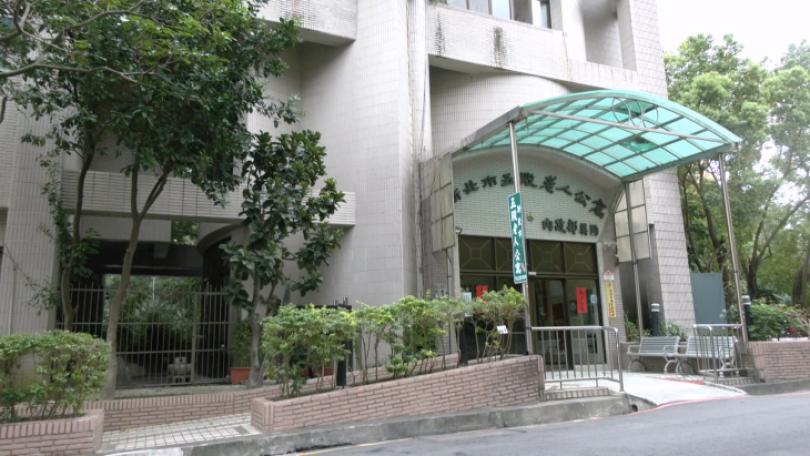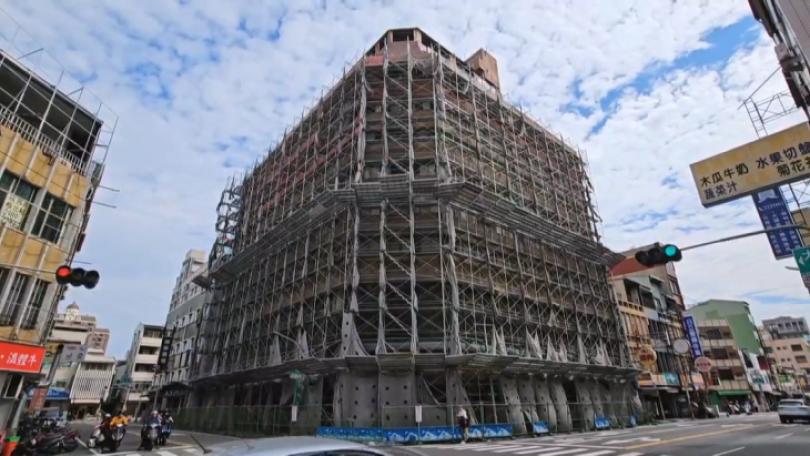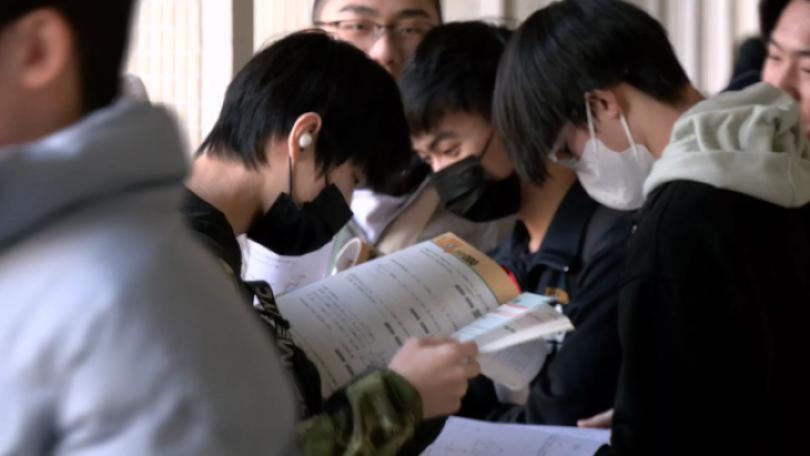Economy Will Likely Decline for Second Half of Year 金融機構預測 下半年-明年全球經濟衰退
Financial institutions around the world forecast that starting from the second half of the year utill next year, the global economy is expected to decline. Bloomberg reported that semiconductor industry is bracing for a particularly severe shift in coming months, when a record-setting sales surge is threatening to give way to the worst decline in a decade or more.
On Aug. 17, Taiwan stock opened high and closed low, with highest at 15,475, and then immediately dipped to 15,390, closed down 30 points. Bloomberg reported that the semiconductor industry may experience the most severe decline in the last 10 years due to the impact of various disadvantageous news. Semiconductor stocks, such as TSMC and Mediatek face intraday share price adjustments, dropping in the range of 0.19 percent to 0.58 percent.
Liu Pei-cheng, Director, Taiwan Industry Economics Services: “The years 2023 to 2024 will be confronted with a weaker demand side; however, the semiconductor industry probably would not fall into a 10-year adjustment period.”
Concerning the impact on the electronics industry, not only semiconductors but also notebook factories are affected by China's energy rationing measures in high temperatures. Sichuan province announced on Aug. 15 that industrial users will suspend production till Aug. 20. Furthermore, Suzhou province too once again may implement energy rationing measures. Chinese financial media CLS reported that certain Suzhou manufacturers, including Nanjing's Panda Electronics, will implement suspensions on a rotating basis for certain of its production lines. Sichuan and Suzhou are both major manufacturing bases for Taiwan notebooks. Thus, supply in the short term will be adversely affected.
Wang Rong-hsu, CEO, Marbo Securities Investment Consulting Company: “If there is a power limitation, it would lead to suspension or rotating of production. Then digesting the inventory of these parts will be further delayed.”
The high-temperature energy rationing measures by China are temporarily set for five days; however, if the high temperature continues, the rationing may also continue. By then not only will NB factories shipments be affected, but relevant electronics supply chains will also be implicated, impacting the 3rd quarter financial reports, even the 4th quarter.
17日台股早盤,就出現多空交戰,指數先高後低,最高一度來到1萬5475點,隨即下殺拉回,來到1萬5390點,一度小跌30點。近來半導體利空衝擊,彭博社報導指出,半導體產業恐陷入近10年,最嚴重衰退。半導體概念股,台積電、聯電,盤中股價面臨修正,跌幅約0.19%到0.58%。
台經院產經資料庫總監劉佩真表示:「從2023年到2024年未來這兩年,將會面臨到不管是在需求面呢,還是會顯得稍微比較疲弱一些。不過半導體也不至於會陷入到,長達這個10年這樣子一個調整期。」
電子產業影響,不只上游半導體,筆電大廠,近來受中國高溫限電影響,衝擊也不小。四川省15日才公告,工業用電戶,產線停工到20日,再度傳出蘇州省也有限電措施。中國財經媒體「財聯社」報導指出,部份蘇州製造業,包括南京熊貓電子等,部份產線實施,輪流停止運轉。四川、蘇州都台灣NB大廠生產基地,短期供貨恐受影響。
萬寶投顧執行長王榮旭指出:「那如果說限電的話,可能就會造成這個停工,或者是輪流生產,這些零組件的一個庫存,又延緩這個(消化庫存)時間。」
「NB概念股」股價受中國限電影響,廣達盤中跌幅0.64%,仁寶跌幅0.22%,緯創股價也受影響,跌幅0.35%。中國高溫限電,時程暫定5天,不過若高溫情況持續,不排繼續限電,屆時不只影響NB廠出貨動能,相關電子供應鏈,恐怕也會受牽連,影響第3季、甚至下半年財報。










